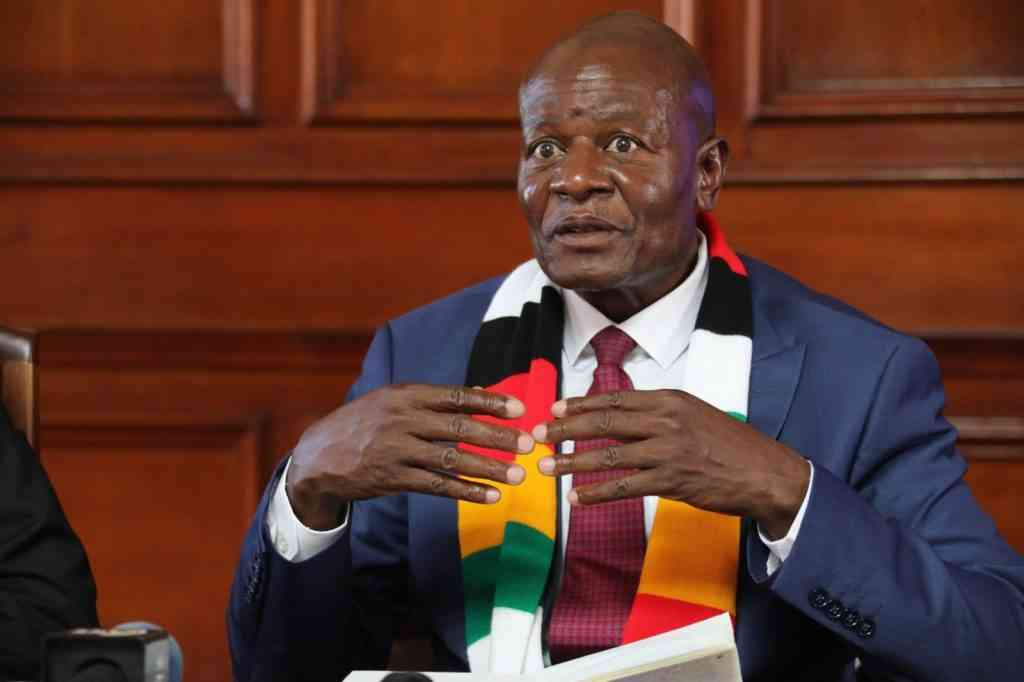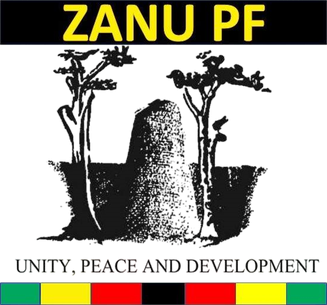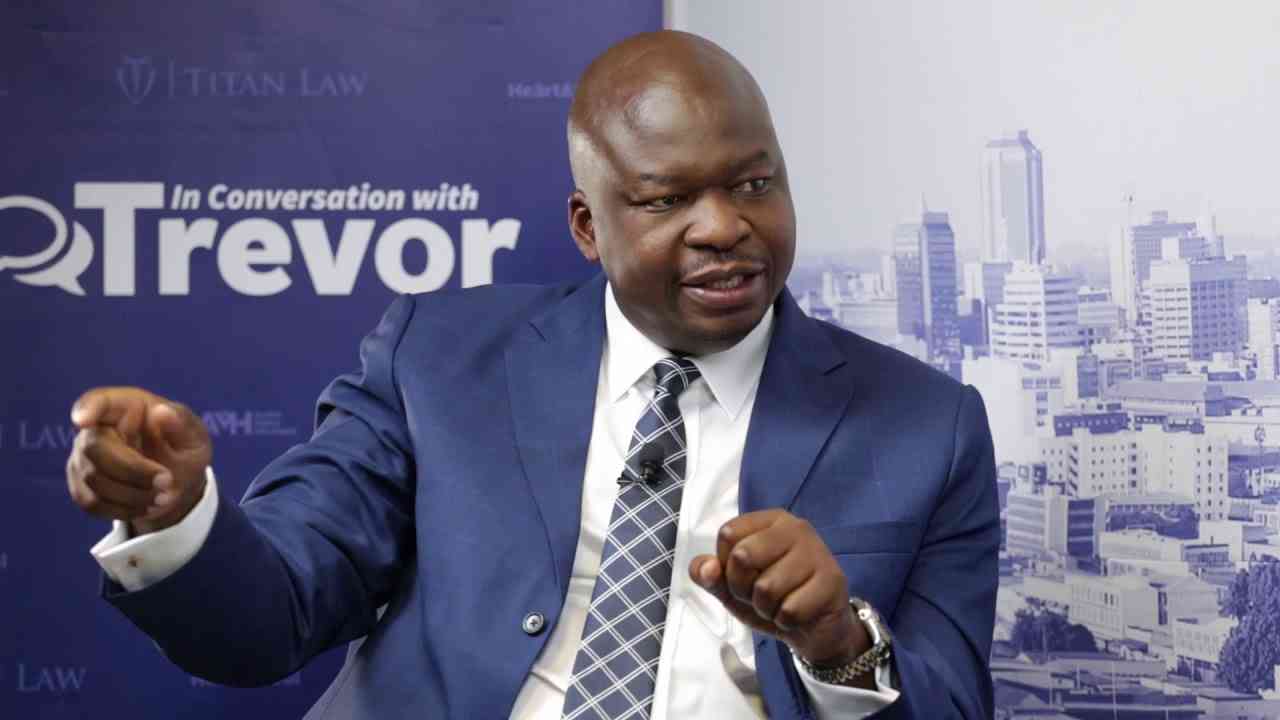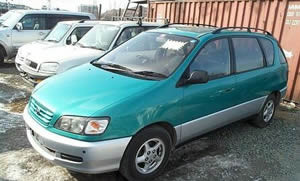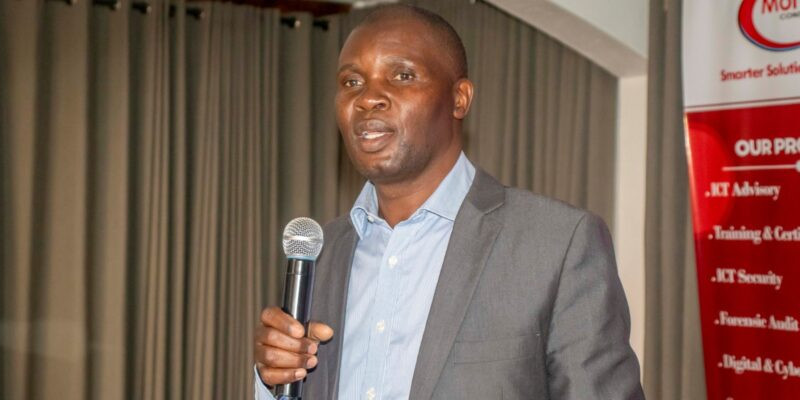THE year 2023 is one of the most exciting in world sport with four World Cup finals running from women’s football to cricket via netball and rugby.
For Zimbabwe, It has been a period of more heartbreaks than celebration as both the cricket and rugby teams raised hopes high only to fall by the wayside when it mattered most.
Right now, the Fifa women’s football World Cup is on its wheels in New Zealand and Australia and for that matter, without Zimbabwe’s Mighty Warriors, but with Zambia’s Copper Queens.
Not because of the Fifa ban, but because the Zimbabwe women’s soccer team had long been eliminated by Botswana before the Fifa ban itself came into effect.
The Chevrons too raised spirits high by winning their first five games of their World Cup Qualifiers only to lose out to Scotland, a team that also failed to qualify.
The Sables were blown away long back by Namibia in the World Cup qualifiers in France in a journey that revealed how the once revered team has fallen from grace.
It is hard to believe that the Sables we saw in France and the Sables we have come from the same kraal as the Sables that made the whole world sit up and take notice at the 1987 and 1991 World Cup finals.
Lucky enough, though, Zimbabweans still have a team still worth to be called a national team in the form of the Gems who are in Cape Town, South Africa, for their second successive World Cup.
Whatever happens in South Africa is something else, but the fact that they are in Cape Town with the world’s best is an achievement far beyond the reach of even the financially well supported national teams.
Even if they fail to surpass their quarter final place of four years ago, what the Gems have already done is more than what was expected of them considering their lack of financial support.
There are one or two things that other sports like cricket and football should learn from the netball experience, one of which is their well oriented junior development programme.
Most of the players in the current Gems squad are 22 years or below and were discovered and given their chance after Zimbabwe’s return from the 2019 World Cup.
Chances are that Joice Takaidza, Sharon Bwanali and captain Felistus Kwangwa could call it a day after the 2023 World Cup, but in their place Zimbabwe already has a team for the next World Cup edition.
What more, netball is built on solid ground as it also boasts of a Zimbabwe Under-20 side that also ranks among the best in the world and is a regular qualifier for the Under 20 World Cup.
This is unlike in cricket where despite its popularity, new talent is not being given a chance and most of the players in the Chevrons have been in the national team set up for over a decade despite lack of success.
In football too. Right now, there are calls for the return of the over-the-hill Khama Billiat and former captain Knowledge Musona who is now more than 32 years old.
Zimbabwe cannot continue to live on history and Billiat and Musona have played their part and they must go — and for good — unless they return in another capacity, not as national team players.
The country has a lot of young football talent scattered all over the globe and what is required is to bring those disparate elements together even if it means losing our early matches.
To make that a reality, the Warriors need a proven long term coach, who should be given the chance to build his team without being pressurised for results.
Zifa or those in authority should abandon the haphazard hiring and firing of coaches that at one time saw three coaches, Joey Antipas, Zdravko Logarusic and Norman Mapeza all separately in charge of one Afcon campaign.
As they run around for consultations on whom to give the job of national team coach, the authorities should be spot on because it would not make any sense to fire a coach you appointed three or so months after giving him the job.
It should be noted that the Gems coach Ropafadzo Mutsauki has been with this team before even the 2019 World Cup and knows well the Zimbabwe Netball Association systems of operation and the new talent that is at Zimbabwe’s disposal.
Fine, we have dreams of qualifying for the World Cup but the question we should be asking ourselves is: Should we be going for the 2026 World Cup or instead use it to build a strong team for the next World Cup and other international engagements?
Normalisation committee chairman Lincoln Mutasa says he wants to build a strong foundation for future World Cup qualification. This means the former Dynamos chairman is not dreaming of World Cup 2026, but thereafter.
Benin, Lesotho, Rwanda, South Africa, and Nigeria might not be intimidating opponents but let us use them to build a team for the future and qualification for the 2026 World Cup — should it happen—will come as a bonus.
Everything, however, rests on the man Zimbabwe will appoint as its national team coach.
- For your comments, views, and suggestions, mkariati@gmail.com or WhatsApp on 0773 266 779.

